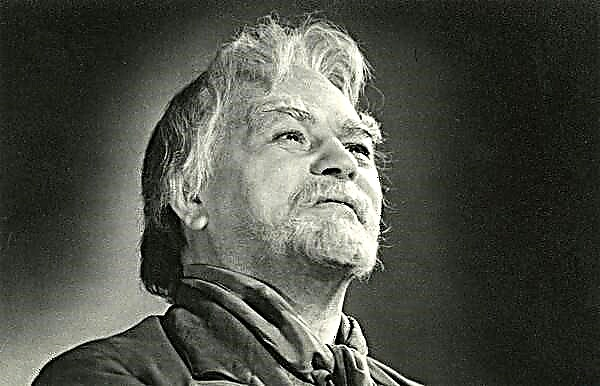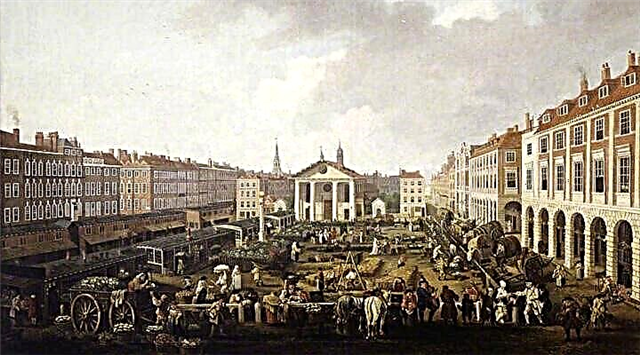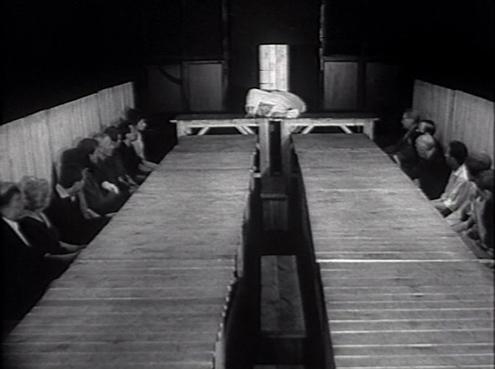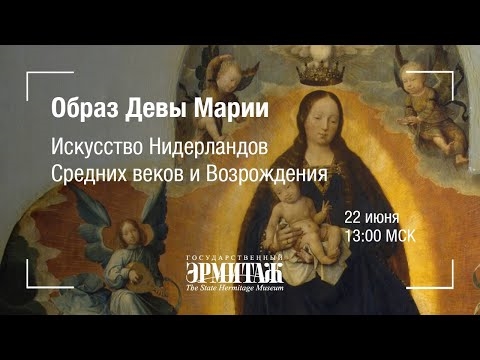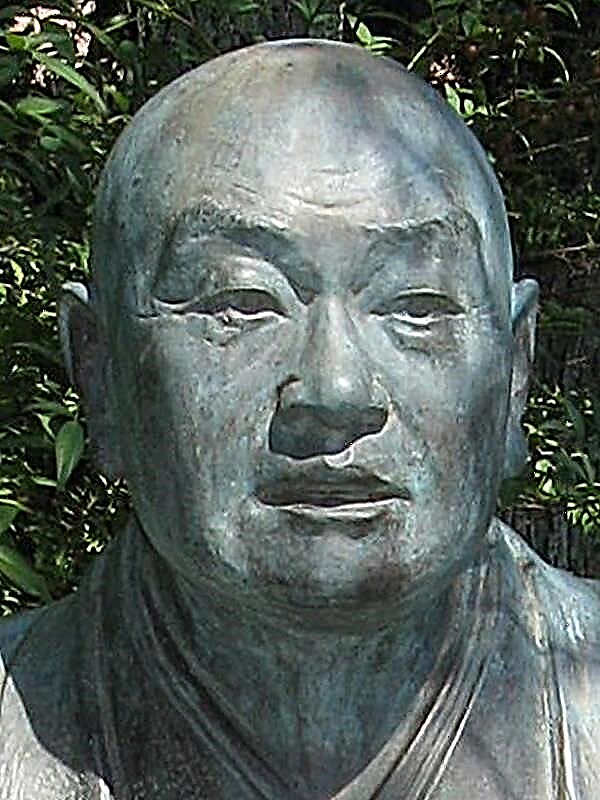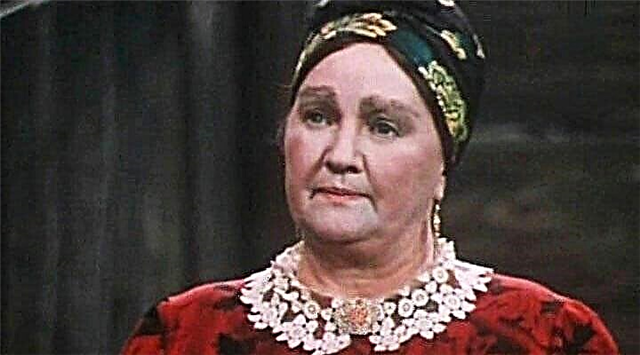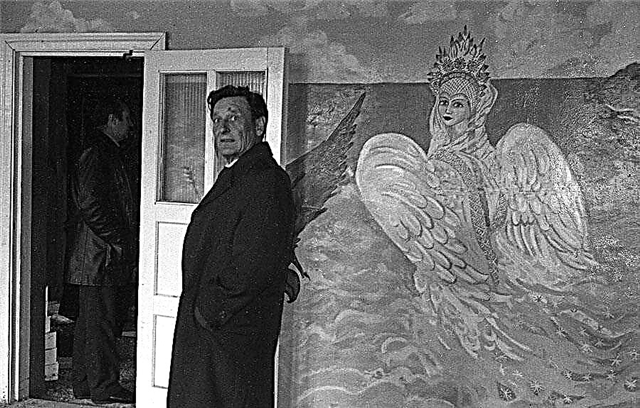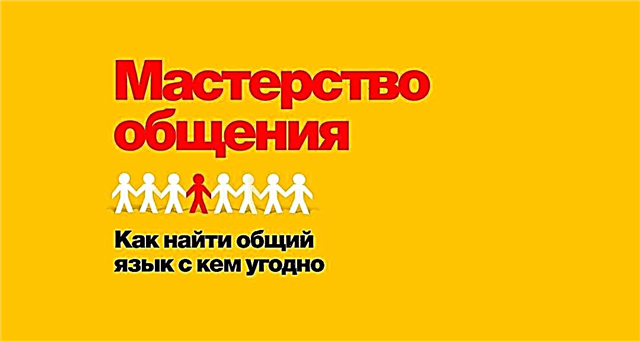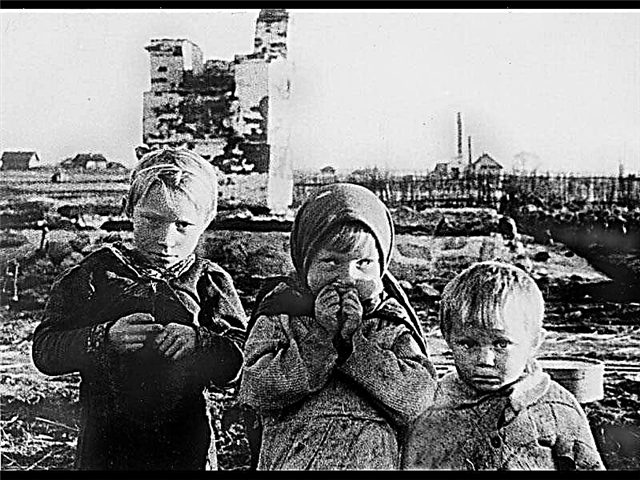Leni Pfeiffer, nee Gruyten, German. She is forty-eight years old, she is still beautiful - and in her youth she was a true beauty: blonde, with a beautiful statuesque figure. Does not work, lives almost in poverty; she may be evicted from an apartment, or rather, from a house that once belonged to her and which she frivolously lost during the years of inflation (now in the courtyard of 1970, Germany is already full and rich). Leni is a strange woman; the author, on behalf of whom the story is being narrated, knows for certain that she is an “unrecognized genius of sensuality”, but at the same time he recognized that Leni had been close to a man twenty-five times in her life, no more, although many men now lust for her . He likes to dance, often dances half-naked or completely naked (in the bathroom); plays the piano and “has reached some skill” - in any case, Schubert plays two etudes perfectly. He loves the freshest buns most of all from food; he smokes no more than eight cigarettes a day. And here's what else the author managed to find out: the neighbors consider Leni a whore, because, obviously, they do not understand her. And again: she sees Virgin Mary on the TV screen almost daily, "every time she is surprised that the Virgin Mary is also blonde and also not so young." They look at each other and smile ... Leni is a widow, her husband died at the front. She has a son of twenty-five years old, he is now in prison.
Apparently, after finding out all this, the author set out to understand Leni, to learn as much as possible about her, and not from her — she is too silent and closed — but from her acquaintances, friends, and even enemies. So he began to paint this portrait of dozens of people, including those who do not know Leni at all, but who can tell about people who were once important to her.
One of the heroine’s two close friends, Margaret, is now in the hospital, dying from some terrible venereal disease. (The author claims that she is much less sensitive than Leni, but simply could not refuse proximity to any man.) For example, we learn from her that Leni treated both her son and his father, the only man, with saliva and laying on hands. whom she truly loved. Margaret gives the first information about the man who had a strong influence on Leni, when she, as a teenager, lived and studied at the monastery. This nun, sister Rachel Gunzburg, is a completely enchanting creature. She took a course at the three best universities in Germany, was a doctor of biology and endocrinology; she was arrested many times during the First World War - for pacifism; Christianity adopted thirty years (in 1922) ... And imagine, this highly learned woman did not have the right to teach, she served as a cleaner at the toilets in the monastery boarding school and, against all the rules of decency, taught the girls to judge their health by feces and urine . She saw through them and truly taught their lives. Leni visited her years later, when Rachel's sister was isolated from the world, locked up in a monastery cellar.
Why? For what? Yes, because the general background of the group portrait is a flag with a swastika. After all, Leni was only eleven years old when the Nazis came to power, and the whole development of the heroine took place under the swastika, as well as all the events around her. So, from the very beginning of their rule, the Nazis declared the Catholic Church the second enemy of Germany after the Jews, and Sister Rachel was both Catholic and Jewish. Therefore, the authorities of the order removed her from teaching and hid the cleaners under the apron, and then - behind the cellar door: she was saved from death. But after the death of Sister Rachel, as if refuting the “brown” reality of Germany, the reality of war, arrests, executions, Denunciations, roses grow on the nun’s grave by themselves. And bloom in spite of everything. The body is buried elsewhere - roses bloom there too. It is cremated - roses grow where there is no land, where there is one stone, and bloom ...
Yes, strange miracles accompany Leni Pfeiffer ... A small miracle also happens with the author himself when he comes to Rome to learn more about Rachel's sister. In the main residence of the order, he meets a charming and highly learned nun, she tells him the story of roses - and soon leaves the monastery to become the author’s girlfriend. So there you go. But alas, for Leni herself, miracles, even bright ones, always have a nasty end - but more on that later, first we ask ourselves: who, besides Rachel, raised this strange woman? Father, Hubert Gruyten - there is his portrait. A simple worker "broke into people", founded a construction company and began to rapidly grow rich, building fortifications for the Nazis. It’s not very clear why he made money - anyway “threw them in bales, packs,” as another witness says. In 1943, he created something completely incomprehensible: he founded a fictitious company, with fictitious turnover and employees. When the case was opened, he was nearly executed - he was sentenced to life imprisonment with confiscation of property. (An interesting detail: they exposed him because the names of Raskolnikov, Chichikov, Pushkin, Gogol, Tolstoy were on the lists of Russian prisoners of war ...) True, Gruyten entered this escalade after the death of his son Henry, who served in the occupying army in Denmark. Heinrich was shot along with his cousin Erhard: the young men tried to sell a gun to some Danes; it was a protest - they sold for five brands.
And Leni ... She lost her brother, whom she worshiped, and her bridegroom - she loved Erhard. Maybe because of this double loss her life went off the beat. Maybe that's why she suddenly married a man of absolutely insignificance (he died three days after the wedding; the author nonetheless gives a very detailed portrait of him).
Above all the misfortunes after the conviction of her father, Leni ceased to be a rich heiress, and she was sent to serve labor duty.
Again, a small miracle: thanks to some kind of high patronage, she got not to a military enterprise, but to gardening - to make wreaths; wreaths in those years required a lot. Leni turned out to be a talented weaver, and the owner of gardening Peltser could not get enough of her. And besides, fell in love with her - like most of her acquaintances men.
And there, in gardening, they brought to work the prisoner of war of the Red Army, Boris Lvovich Koltovsky. Leni fell in love with him at first sight, and of course he could not resist the young blond beauty. If the authorities knew about this romance, they would have executed them, but thanks to another miracle, no one told the lovers.
The author made great efforts to find out how the Russian officer escaped the concentration camp “with a mortality rate of 1: 1” and was transferred to the camp “with an extremely low mortality rate of 1: 5, 8”? And besides, he was not sent from this camp, like everyone else, to extinguish burning houses or to remove rubble after the bombing, but to send wreaths ... It turned out that Boris’s father, a diplomat and intelligence officer, having served before the war in Germany, made acquaintance with a certain "High-ranking person", who had great influence both before, after, and during the war. When Boris was captured, his father managed to inform his acquaintance, and he found Boris in the most difficult way among hundreds of thousands of prisoners, transferred him - not immediately, step by step - to a "good" camp and arranged for easy work.
Perhaps due to contact with the “face”, Koltovsky Sr. was recalled from his residency in Germany and shot. Yes, such is the refrain of this narrative: shot, killed, planted, shot ...
... They could only love each other during the day — Boris was taken to camp for the night — and only during air raids, when they were supposed to take refuge in a bomb shelter. Then Leni and Boris went to a nearby cemetery, in a large crypt, and there, under the roar of bombs and the whistling of fragments, they conceived a son. (At night, at home, Margaret says, Leni grumbled: “Why don't they fly during the day? When will they fly back in the middle of the day?”)
This dangerous relationship lasted until the end of the war, and Leni showed an unusual cunning and resourcefulness: first she found a fictitious father to the unborn child, then she still managed to register the child as Koltovsky; Boris herself had prepared a German soldier's book - at the moment when the Nazis left and the Americans appeared. They came in March, and for four months Leni and Boris lived in a normal house, together, and cherished the child together and sang songs to him. Boris did not want to admit that he was Russian, and turned out to be right: soon the Russians were "loaded into the cars and sent to their homeland, to the father of all nations, Stalin." But already in June, he was arrested by an American patrol, and Boris was sent - like a German soldier - to the mines in Lorraine. Leni traveled the whole north of Germany on a bicycle and in November finally found him in the cemetery: a disaster occurred in the mine, and Boris died.
In essence, here is the end of the story of Leni Pfeiffer; as we know, her life goes on, but this life seems to be determined by those long-standing months spent next to Boris. Even the fact that they are trying to evict her from the apartment, is to some extent connected with this. And the fact that her son, born on the day of the monstrous many hours of bombing, went to jail for fraud, also correlates with Leni’s love for Boris, although not in a very clear way. Yes, life goes on. Once, Mehmed, a Turkish scavenger, began to ask Leni for love on her knees, and she gave up - apparently because she could not bear it when a person was on his knees. Now she is expecting a baby again, and she does not care that Mehmed has a wife and children in Turkey.
“We must continue to try to ride in an earth carriage harnessed by heavenly horses” - these are the last words that the author heard from her.

